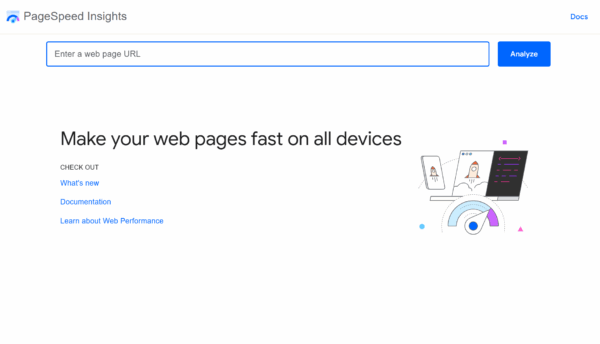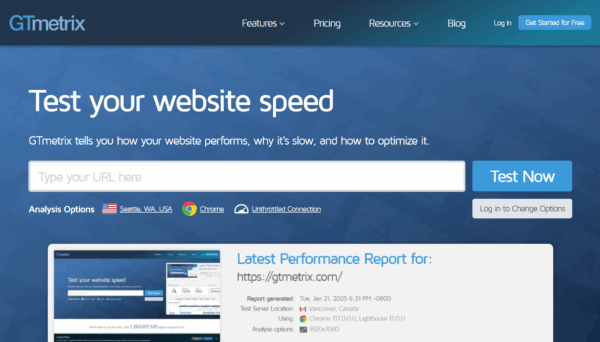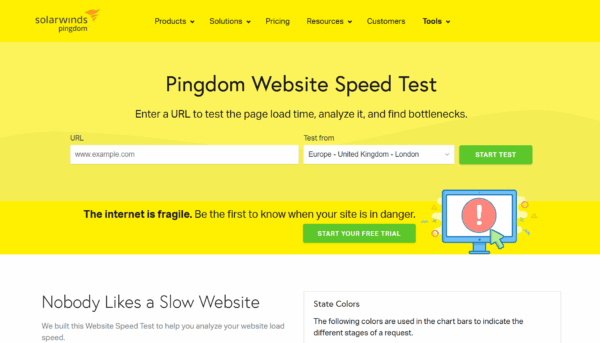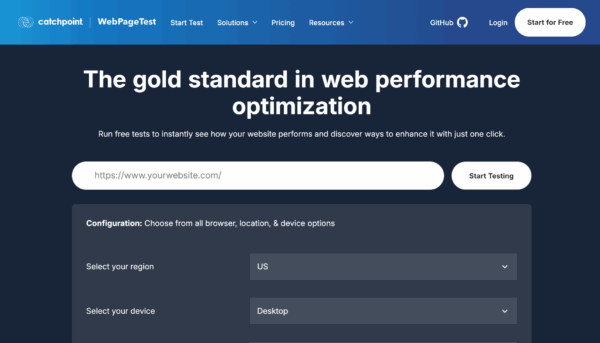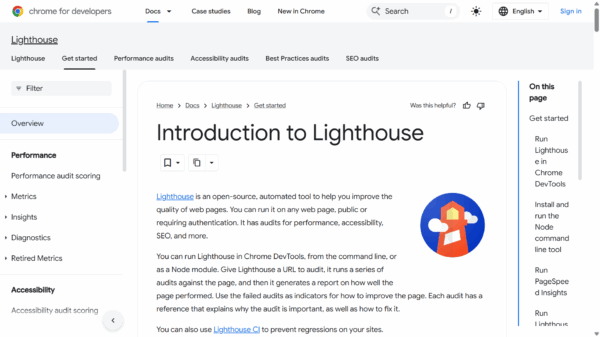5 Tools to Check Your Website Speed in 2025

Fast-loading websites directly impact user experience and business opportunities. Even a few seconds of delay can cause visitors to leave before seeing your content or products. Website speed also affects Google rankings because it is a key factor search engines use to assess site quality. Checking your website speed is therefore an essential step that businesses of all sizes should not overlook.
This article will introduce 5 popular tools for checking website speed and explain their main features and how to use the analysis to your advantage. By applying these tools, you can make your website faster, provide a better user experience, and increase opportunities for online business growth.
Why You Should Check Your Website Speed
Checking website speed is directly related to user experience. A slow-loading site can frustrate visitors and cause them to leave immediately, which can result in lost sales or missed opportunities to acquire new customers.
Website speed also affects SEO and Google rankings. Sites that load quickly and operate smoothly generally receive higher scores, increasing their chances of appearing in search results. Using the right tools to check speed allows you to identify areas for improvement, such as oversized images, heavy code, or slow server response. Recognizing these issues early helps you optimize your website effectively and provide a smooth experience for all visitors.
5 Tools to Check Your Website Speed
Google PageSpeed Insights is a popular tool for checking both desktop and mobile website speed. When you enter your website URL, it analyzes the site and provides a speed score along with specific recommendations for improvement, such as compressing images, reducing JavaScript load time, and optimizing server response. You can also view Field Data reflecting real user experiences to see if your website loads quickly enough.
2.GTmetrix
GTmetrix is ideal for those who want a detailed website analysis. After entering your URL, it evaluates site speed and presents a Waterfall Chart showing the loading sequence of every element on the page. This makes it easy to spot issues like slow-loading images or scripts. GTmetrix also provides Performance and Structure scores and suggests ways to enhance site performance.
Pingdom Tools checks website speed from multiple locations worldwide, helping you understand load time differences across regions. The tool provides an overall performance score, total page load time, page size, and the number of requests. This analysis gives a clear overview of your website and highlights areas that need optimization.
WebPageTest is suitable for users who want detailed testing configurations. You can select browser, server location, and connection speed to simulate real user visits. Results are displayed as a Waterfall Chart and Timeline for each page element, showing exactly where loading issues occur. WebPageTest also includes advanced features like multi-step testing and measuring First Contentful Paint (FCP) to evaluate user experience.
Lighthouse is a Google tool that evaluates website speed, performance, accessibility, SEO, and best practices. After entering your URL and running the test, it provides scores for each category along with detailed recommendations, such as optimizing images, reducing code size, and improving page load efficiency. Using Lighthouse helps you understand overall site quality and how to systematically improve it.
How to Improve a Slow Website
- Optimize Images and Media Large images or videos are a primary cause of slow websites. Compressing files or using appropriate formats such as WebP can reduce load times without sacrificing quality
- Reduce Unnecessary Scripts and CSS Excessive or complex JavaScript and CSS can slow down page responsiveness. Combining files or deferring certain scripts until after page load can help
- Enable Caching and Content Delivery Network (CDN) Using caching and a CDN allows visitors to load pages faster, especially for audiences in different regions
- Check Server and Hosting Slow server response time can affect site speed. Choosing a reliable hosting service or server suitable for your traffic is essential
- Regular Analysis and Continuous Improvement A one-time speed check is not enough. Regular testing and implementing recommendations from tools like PageSpeed Insights, GTmetrix, or Lighthouse ensures ongoing optimization
If you find it difficult to handle or are unsure how to improve your website, the experts at Digital Agency Bangkok can analyze, optimize, and enhance your website speed, creating a professional user experience for your visitors
Conclusion
Website speed is a key factor affecting user experience and business opportunities. A fast-loading site keeps visitors engaged, reduces bounce rates, and increases sales potential. Checking your website speed with popular tools like Google PageSpeed Insights, GTmetrix, Pingdom Tools, WebPageTest, and Lighthouse helps you identify issues and optimize your site effectively.
If you want a fast, efficient website that provides a great user experience, the experts at Digital Agency Bangkok are ready to consult, optimize, and manage every step to ensure your online business grows steadily
Phone: 098-7655-243 or 098-7655-701
Email: [email protected]

